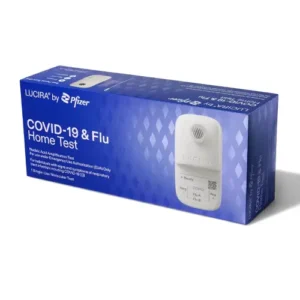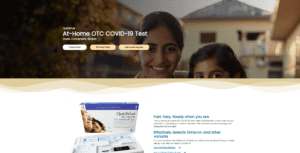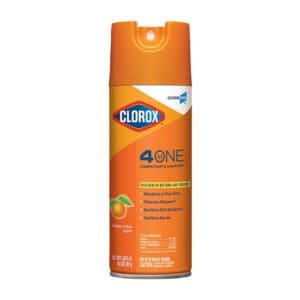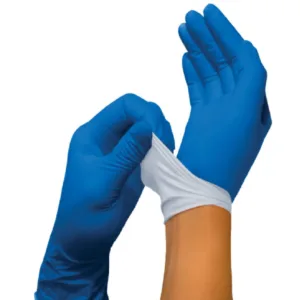
It’s been over a year and a half since the COVID-19 pandemic altered life as we knew it here in the U.S. And while public health officials are making great headway in moving toward the end of the crisis, it’s still important to wear mask as various variants of covid-19 become the dominant strains. The Covid-19 variant that is dominant within the United States is the Delta Variant. Based upon current research and data by the Centers for Disease Control (CDC) the delta variant has the following characteristics compared to the Alpha variant that was dominant at the beginning of the pandemic:
Here are the top five reasons to keep wearing a mask into the foreseeable future as variants of Covid-19 emerge:
Viral loads the same with vaccinated and unvaccinated covid-19 infected individuals
Recent data suggests that the Delta Covid-19 variant produces the similar amounts of virus in vaccinated and unvaccinated individuals if they get infected. Higher viral loads with the Delta variant suggest there is increased risk of transmission of an already more contagious variant, raising concerns that unlike with other variants, vaccinated people infected with Delta can transmit the virus. Wearing a face mask helps block respiratory secretions produced by the wearer from contaminating other persons and surfaces and will help reduce the transmission of the virus.
When worn correctly, masks prevent viral transmission.
Masks—both surgical and standard cloth coverings—can decrease viral transmission by up to 70%. This means that wearing a mask is key when you’re in public settings or private spaces with people from outside your household.
Of course, it’s worth noting that masks are only effective when they’re worn correctly. The Centers for Disease Control and Prevention (CDC) explain that people should wash or sanitize the hands before putting on the mask, and refrain from touching their face while wearing it.
Note: To maximize effectiveness, masks should fit the face snugly and cover both the nose and the mouth.
Masks reduce the asymptomatic spread of COVID-19.
Did you know that approximately 50% of COVID-19 transmission takes place before people show any symptoms of the virus? Many others carry the virus without presenting any symptoms at all.
Again, this is where masks come in. You may think you don’t need one, but face coverings are more about protecting others than protecting yourself (although it’s certainly a two-way street). But really, the idea here is that masks help to prevent the asymptomatic spread of the virus to others.
A word of warning: Wearing a mask can reduce the risk of spreading the virus, but this isn’t the only safety measure we should follow. Far from it!
Until the pandemic ends, people should continue to follow social-distancing rules and practice the recommended hand hygiene. It’s essential to keep in mind that masks are designed to supplement rather than replace these measures.
In many states, masks are required by law.
While there is no national mask-wearing mandate, the vast majority of states require people to mask up in public spaces. Additionally, masks are required on planes, buses, and trains across the United States.
This means cloth face coverings are paramount. So, if you are resistant to the idea of wearing a mask, or if you live in a state that doesn’t have a mask mandate, you should think carefully before choosing to go without.
Think that masks make it challenging to breathe? So long as you steer clear of options made from fabric like vinyl, you should be just fine.
Vaccines don’t provide immediate protection.
Here’s the deal: While more than 170 million doses of the vaccine have been administered since distribution began in December 2020, the pandemic isn’t over. And regardless of whether you’ve been vaccinated, you should continue to mask up.
Why’s this? One reason is that no vaccine is effective immediately. Generally, it takes the immune system roughly two weeks to create the antibodies required to fight viral infections.
The COVID-19 vaccine actually takes a bit longer (with the exception of the single-dose Johnson & Johnson vaccine). Both the Moderna and Pfizer vaccines require two doses administered three and four weeks apart, respectively.
Translation? Full protection won’t occur until up to six weeks after you receive the first shot. And in the interim, it’s important to keep wearing a mask.
Need to stock up on masks? From NIOSH-Certified N95 respirators, to KN95s and stylish cotton face coverings, Peach Medical Sourcing has you covered. Our Online Store Has A Variety Of Masks to Choose to learn more.







PeachMedical Corp